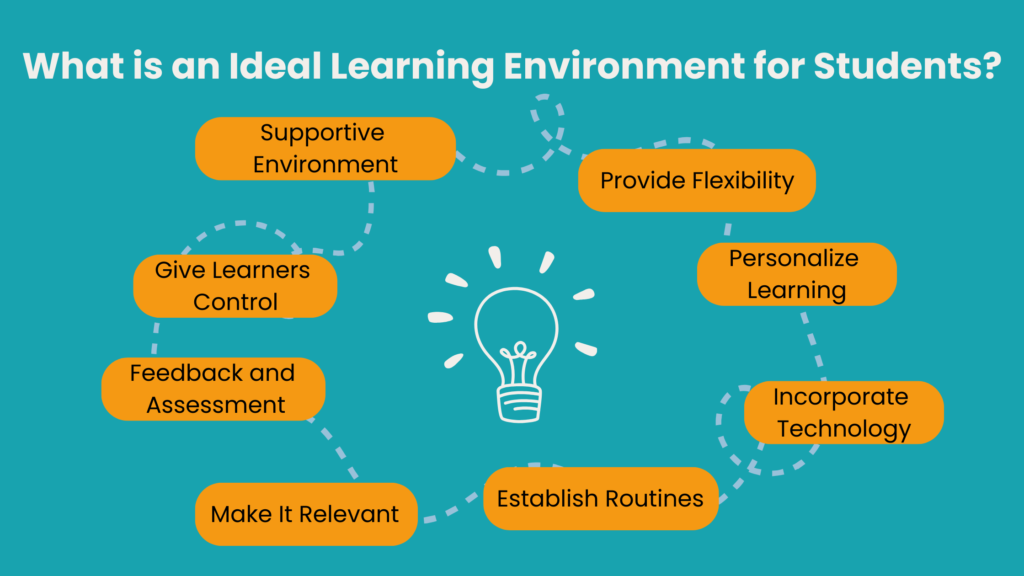In recent years, the importance of mental health has become a key focus in the realm of education. As the pressures of academic life continue to intensify, students at all levels face mental health challenges that can significantly impact their academic performance, social development, and overall well-being. As a result, mental health support in educational institutions has never been more essential. It is crucial to understand that the health of the mind plays an equally vital role in the success of students as physical health, and providing adequate mental health resources in schools and colleges can foster a positive learning environment that helps students thrive.
Why Mental Health Matters in Education
The mental and emotional well-being of students can directly influence their ability to succeed academically and socially. The academic world, while offering many opportunities, can also be stressful, with pressures stemming from assignments, exams, social expectations, and future career concerns. These pressures can take a toll on a student’s mental health, leading to conditions like anxiety, depression, and stress, which, if left unaddressed, can hinder their academic performance and personal growth.

Research shows that students with mental health challenges are more likely to have lower grades, higher dropout rates, and reduced participation in extracurricular activities. Furthermore, these students may struggle with building relationships, self-esteem, and resilience, making it harder for them to succeed in both their academic and personal lives.
Mental Health Support as a Key to Success
Mental health support in education systems can be the key to helping students navigate the challenges they face. By offering accessible resources such as counseling services, support groups, and mental health awareness programs, educational institutions can create a safer and more inclusive environment for all students. Here’s how mental health support can positively impact students:
1. Enhances Academic Performance
When students receive mental health support, they are more likely to stay focused, engaged, and motivated in their studies. With appropriate help, students can learn to manage stress, anxiety, and other emotional struggles, improving their concentration and problem-solving skills. Mental health support allows them to cope with challenges more effectively, leading to better academic outcomes.
2. Promotes Emotional Well-being
Mental health services in schools and colleges help students address their emotional and psychological needs. Students often face difficulties such as homesickness, bullying, relationship problems, and the fear of failure. Access to counseling allows students to talk openly about their feelings, learn coping mechanisms, and gain confidence in dealing with challenges. By promoting emotional well-being, schools empower students to grow into resilient individuals.
3. Encourages Positive Social Interactions
Mental health support plays a vital role in fostering healthy social interactions among students. Students with mental health challenges often withdraw from social activities, resulting in isolation. Counseling and peer support programs can help students build strong relationships with their peers and improve their social skills. Moreover, educational institutions that prioritize mental health help reduce the stigma surrounding mental illness, making it easier for students to seek help when they need it.
4. Reduces Dropout Rates
Untreated mental health issues are one of the leading causes of high dropout rates. Students struggling with depression, anxiety, or stress are less likely to complete their studies. However, when schools and colleges provide adequate mental health services, students are more likely to remain enrolled and finish their programs. Access to mental health support can help students address their issues early on and stay on track toward graduation.
Building a Supportive Educational Environment
Creating a culture of mental health awareness is essential to fostering a supportive environment in educational institutions. There are several ways to integrate mental health support into the education system:

1. Access to Counseling Services
A dedicated counseling center on campus is a crucial component of mental health support. Counseling services should be easily accessible, confidential, and available to all students, regardless of the severity of their issues. Regular mental health check-ins or therapy sessions can help students stay on top of their emotional well-being. Additionally, counselors can provide resources for students who may need long-term support or external referrals.
2. Peer Support and Awareness Programs
Peer support programs can help students connect with others who may be experiencing similar challenges. Peer educators or support groups can help raise awareness about mental health and provide a sense of community for those in need. Educational institutions can also organize workshops, seminars, and awareness campaigns to break the stigma surrounding mental illness and encourage students to seek help when needed.
3. Incorporating Mental Health into the Curriculum
Incorporating mental health education into the curriculum can help students understand the importance of mental well-being. By learning about the signs of mental health issues, coping strategies, and the resources available to them, students can become more self-aware and learn to prioritize their mental health from an early stage. These lessons also help create an open environment where students are comfortable discussing mental health with their peers and teachers.
4. Training Faculty and Staff
Teachers and administrative staff are often the first to notice when students are struggling with mental health issues. Providing training for faculty and staff on how to recognize warning signs and offer initial support is essential. Educators can be instrumental in directing students to the proper resources and ensuring that they feel safe and supported throughout their academic journey.
The Future of Mental Health in Education
As the conversation around mental health continues to evolve, educational institutions have an opportunity to be at the forefront of change. With increasing awareness of the importance of mental health, we are witnessing a shift towards creating more inclusive, supportive, and holistic learning environments. By prioritizing mental health, we not only help students succeed academically but also contribute to their overall well-being and future success.

The benefits of integrating mental health support into the education system are immense. Students who feel supported are more likely to thrive academically, socially, and emotionally. By recognizing the critical role that mental health plays in education, institutions can create an environment where students are empowered to be their best selves and achieve their fullest potential.
Conclusion
Mental health support is no longer a luxury; it is a necessity for every student’s success. The importance of mental health in education cannot be overstated, as it affects students’ academic performance, emotional well-being, and social development. Educational institutions that invest in mental health resources and support services are not only helping their students navigate their academic journey but also preparing them to thrive in life beyond the classroom. By creating an environment that promotes mental health awareness, understanding, and support, we can ensure that all students have the opportunity to succeed and lead healthy, fulfilling lives.